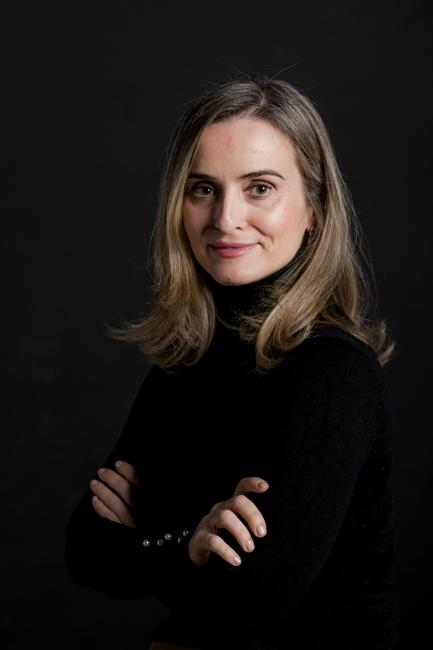- Home
- Events
- Event Calendar
- [GALA Valencia 2024] Use Q to Drag: Enhancing Healthcare Interpreter Training through Gamification
[GALA Valencia 2024] Use Q to Drag: Enhancing Healthcare Interpreter Training through Gamification
The Center for Immigration Studies has discovered that over 60 million residents in the United States speak a language other than English at home, according to 2018 U.S. Census data (Ziegler & Camarota, 2019). Furthermore, the Agency for Healthcare Research and Quality reports that nearly 25 million people in the United States (8.6 percent) are classified as limited English proficient (LEP), indicating they speak English less than "very well."
Most LEP individuals will require access to public services, such as healthcare, underscoring the necessity for clear language access policies. These policies should include the training, certification, and employment of interpreters as vital links to service provision. Currently, healthcare interpreter training in the USA is conducted by universities or companies that mandate a 40-hour training program as a prerequisite for certification exam eligibility. This training primarily focuses on ethics, interpreting protocols, roles, and responsibilities, with less emphasis on the actual practice of interpreting. Teaching methodologies typically involve lectures, videos, interactive exercises, and role-play simulations.
However, these methods are often confined to the limitations of class time and space and offer limited practice opportunities.
Gamification, or the application of game design elements in non-game contexts, offers a promising strategy to create an immersive learning environment and extend practice opportunities beyond the classroom, simulating real-world conditions. This presentation introduces the design and development of an online role-play game aimed at training prospective healthcare interpreters in core competencies identified by the National Council on Interpreting in Health Care (NCIHC), including ethics, protocols, decision-making, and message conversion.
The project, developed at Rutgers University with contributions from professors and staff from the Department of Spanish and Portuguese, The Language Center, and the Game Research and Immersive Design group, enables users to assume the role of a healthcare interpreter in a virtual hospital environment. It simulates key scenarios commonly faced by interpreters, such as preparation and briefing, standard medical interviews with virtual characters—including patients, family members, and healthcare providers—and ethical dilemmas. Gamification elements like points, achievements, and branching narratives enhance engagement and motivate students to refine their interpreting skills.
Host organization: Globalization and Localization Association
Event Speakers

Laura Ramírez Polo
Rutgers University
Laura Ramírez is an Assistant Teaching Professor at Rutgers, where she teaches a number of courses on Translation Englihs-Spanish and Spanish Composition and coordinates the Translation and Interpreting program. She has more than 15 years of experience in the Academia and the translation industry as a translator and project manager. Her research interests include computer-aided translation, terminology, global digital marketing, human-machine interaction and new types of digital genres for translation, areas in which she has authored numerous articles and book chapters. Dr. Ramírez is currently in charge of the translation program in the Spanish and Portuguese Department at Rutgers, and her duties include the coordination of an undergraduate and graduate Certificate, an MA, internship courses and a final practicum. She holds a degree on Translation and Interpretation from the University Jaume I in Spain, a degree on Library and Information Science from the Universitat Politècnica de Valencia, an MA on Computational Linguistics from the Ludwig-Maximlians-Universität in Munich and an MA in Medical Translation from the University Jaume I in Spain. She received her PhD on Controlled Languages and Machine Translation from the University of Valencia in 2012.


